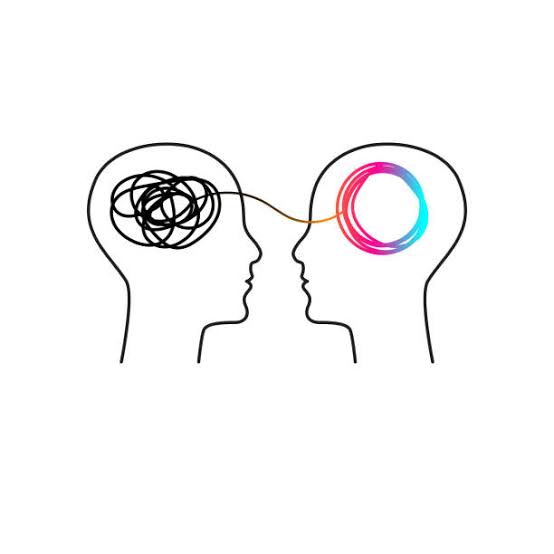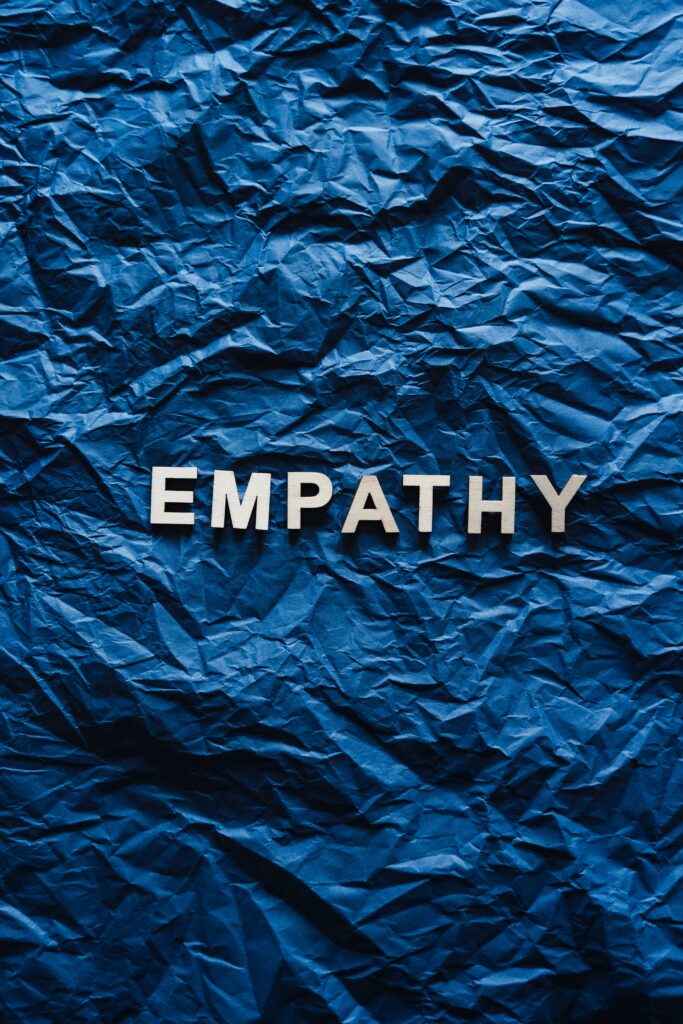

Our ability to show empathy makes us better versions of ourselves. It is also unarguably beneficial to society. Meanwhile, how we channel our sympathy determines its extent of adequacy.
There is a prevailing question of whether or not we fully understand the shift in the normal human condition. Better put, the other side predating pain.
There are different variants of pain and many perhaps, have undergone a few. These may include grief, trauma, agony, or other forms of physical suffering. And they tend to visualize others’ circumstances from these personalized experiences. Unfortunately, they largely find this hill comfortable to perch on when justifying their reasons for compassion. But usually, it immediately becomes the pitfall of their considerate actions.
Some may argue that for you to feel the same pain as someone else, you must be in their shoes. That is, in the exact condition they were at the time of their hardships. Even though reasonable, can we by this still say we genuinely grasp these happenings as they are?
Assuming we do not share their feelings but can imagine them, how then do we make do make our concerns worthwhile?
Empathy, on one hand, is an essential skill. To gain its mastery, we must be capable of executing it properly. If not, it just becomes a kind gesture without yielding anything promising.
When we strive at being empathic, we should always remember it as not only a form of emotional support. Or a means to show the world or the affected how much we care. True sympathy is discretional and looks for a way to change a situation for the better.
Whereas, certain happenings are irreparable, especially on a personal level. For instance, it’s impossible to erase a rape victim’s experience. More so, you’re most likely incapable of raising a corpse to pacify the bereaved. However, you can push awareness about rape stigmatization and give up a chunk of your time for the latter. While these actions are subtle, they are quite intentional towards an end, which is alleviating pain.
Moreover, true empathy in its bid to be expressive may not necessarily be agreeing or accepting. We can see this play out differently. Let’s take a court hearing illustration for example. An attorney may plead a client who has been alleged of stealing not guilty, setting their childhood trauma as a precept for their action. While this previous experience is valid, does that mean they should evade justice as a result?
Perhaps in another instance, you’re taking the position of a witness against the person in question. It’s more clever to acknowledge such’s uncommon background without allowing it to affect your position on the issue. In other words, it’s best to walk your compassionate reasoning on a path to let judgment preside. This may be simply putting your empathic consciousness to good use.
Our experiences at different times in our lives affect our stances with empathy. Because you have felt something as someone else doesn’t mean you two process it the same. What takes some a few weeks to get over, takes others decades. In conclusion, empathy is receptive to a circumstance and its effect on a victim. Part of this characteristic awareness is its capability of setting things right.



Leave a Reply